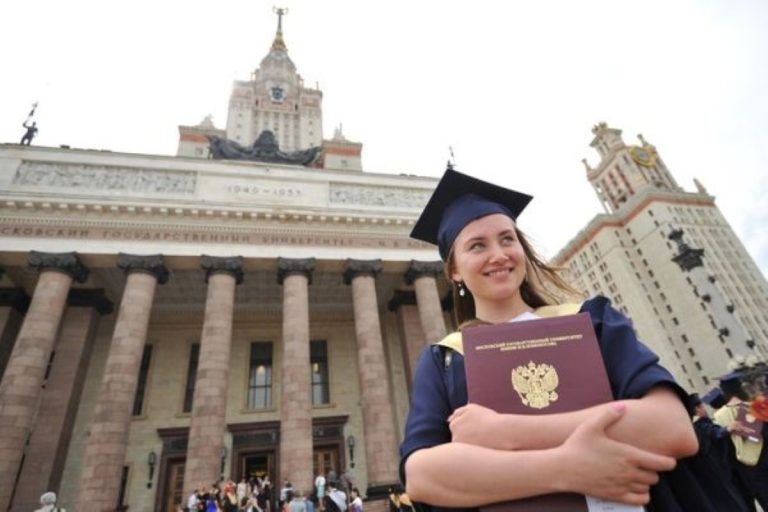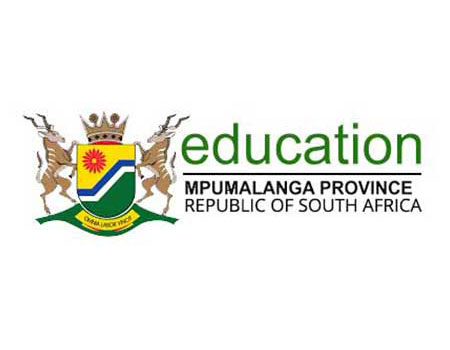
The Democratic Alliance (DA) has uncovered troubling facts regarding the flawed processes behind the Mpumalanga Department of Education’s initiative to send students to study in Russia. The scheme, which was intended to benefit hundreds of students, ultimately left over 200 of them stranded without food, accommodation, or tuition fees.
In 2016, the Mpumalanga Department of Education appointed Green Tutu Trading (RACUS) as service provider, awarding a contract worth R65 million. The company was tasked with managing logistics and the well-being of 368 students pursuing studies in fields such as medicine, engineering, aviation, and cybersecurity in Russia.

However, in October 2021, the Auditor-General of South Africa raised serious concerns about this contract, which was marred by numerous irregularities. According to Annerie Weber, MPL and DA Spokesperson on Education in Mpumalanga, “The AG highlighted that the department was overpaying or being overcharged by RACUS, the company provided uniform costs for all students without breakdowns of individual flight costs, and the exchange rate used to convert USD invoices to ZAR was not disclosed. Furthermore, the department continued paying RACUS even after it failed to provide invoices, while students faced threats of expulsion from their universities for non-payment. Shockingly, some students enrolled in the program were not even South African citizens.”

A recent report by the Standing Committee on Public Accounts (SCOPA), seen by the DA, revealed that the contract with RACUS expired in 2021 and was not renewed. As a result, payments for tuition and accommodation for 221 students remained pending, leaving many stranded in 14 Russian universities. Weber explained, “These students were left with no access to food, accommodation, or their R5000 monthly stipends, and some faced an uncertain future in a country caught in the turmoil of international sanctions due to the Russia-Ukraine conflict.”
The situation worsened with the outbreak of the Russia-Ukraine war in February 2022. The war and subsequent sanctions severely impacted Russia’s economy, making it even more difficult for students to cope with their circumstances, adding to their frustration and distress.
Encouragingly, Weber noted, “The Mpumalanga Department of Education eventually took steps to rectify the crisis by taking over the management of the program from RACUS. Responsibility was transferred to the Department of International Relations and Cooperation (DIRCO), which now manages the students’ welfare through the South African Embassy in Russia.”

The DA believes that the R65 million spent on this scheme could have been better allocated within South Africa. “Investing these funds in our local universities would have provided greater value for taxpayers’ money and allowed more students to benefit from quality education at home,” Weber stated.
The failure of this scheme underscores the importance of proper oversight and transparent processes when public funds are involved. Weber emphasised, “It is crucial that future initiatives prioritise the interests of students and ensure the responsible management of resources to prevent such disastrous outcomes again.”